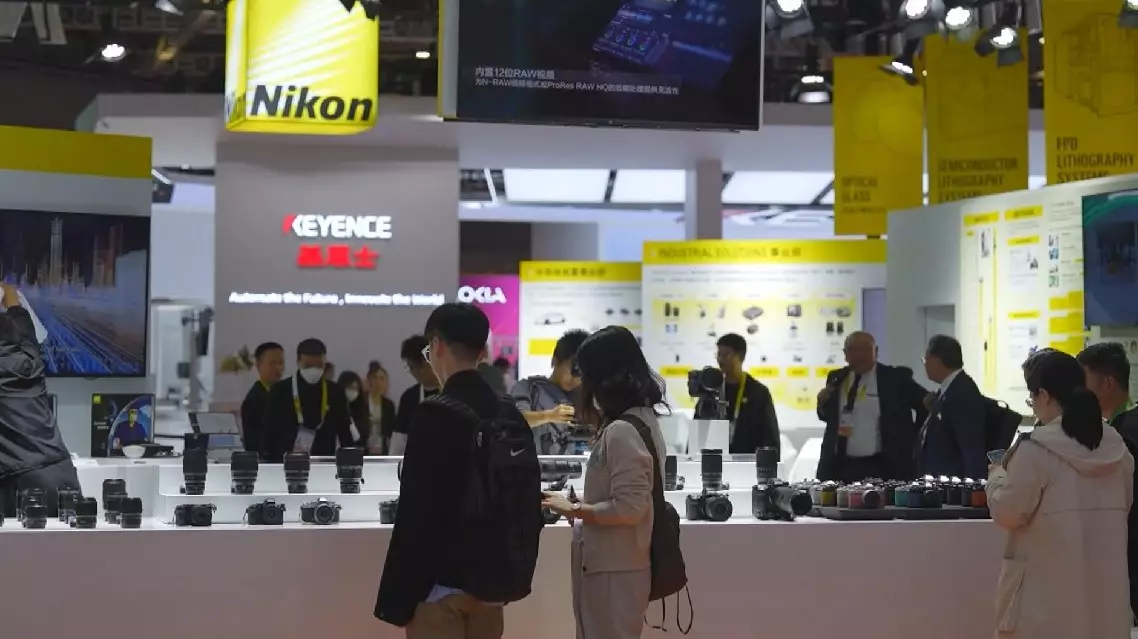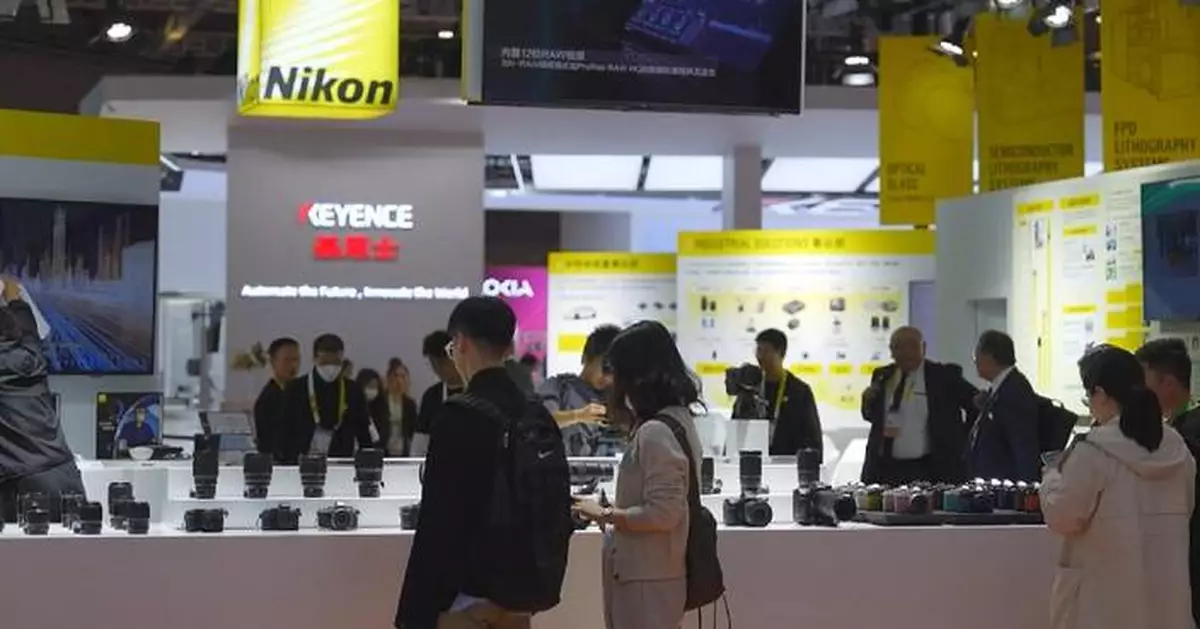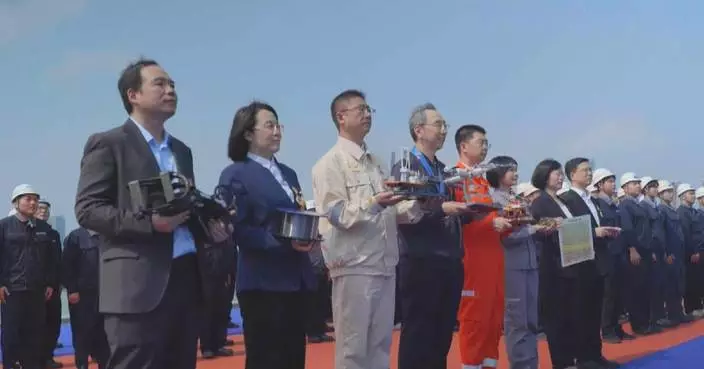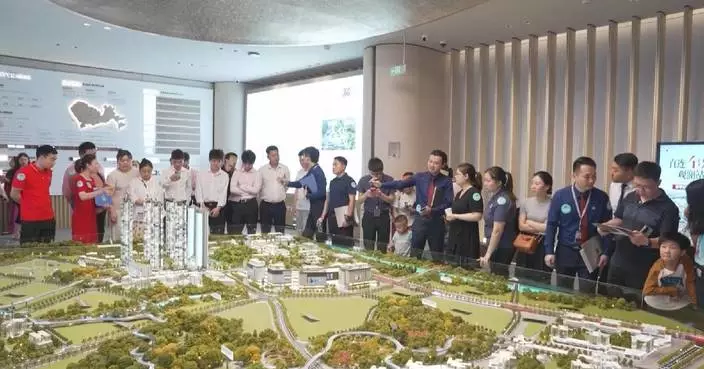Nikon's Executive Vice President Masato Hamatani emphasized the importance of China to its company, saying that is not just a valued client, but an important partner at the ongoing China International Import Expo (CIIE) in Shanghai.
The Japanese optics and photographic equipment manufacturer showcased its latest achievements across nine sectors at the 7th CIIE, including precision instruments, industrial solutions, glass materials, healthcare, and imaging products.
Hamatani highly valued the opportunities brought up by the expo.
"This year marks our fourth participation in the expo. From our first involvement, I felt the strong reactions created by the CIIE. Many divisions, including semiconductor lithography, life sciences, and imaging, received numerous inquiries from Chinese customers. We highly value this platform and hope to enhance our connections with clients," said Hamatani.
At the expo this year, Nikon unveiled its latest product -- a digital lithography machine, which was launched at the end of October, to meet the rising demand for semiconductors amid the widespread of artificial intelligence technologies and the development of data centers.
As Nikon's main products, including cameras, microscopes, and semiconductor devices, gradually enter into the Chinese market, about 20 percent of its sale are generated from China, making the country one of Nikon's most important markets, according to Hamatani, adding that China is not just a client, but also a crucial manufacturing partner.
"We do not just import from China. We set up a factory in Jiangsu Province to produce microscopes and related accessories, which are exported to other parts of the world. By doing so, we want to deepen the relations with the Chinese market," said Hamatani.
The CIIE is the world's first national-level exposition dedicated to imports. The six-day expo has attracted participants from 152 countries, regions and international organizations to participate in its country exhibition and business exhibition.

Nikon views China as both valued client and crucial partner



















































